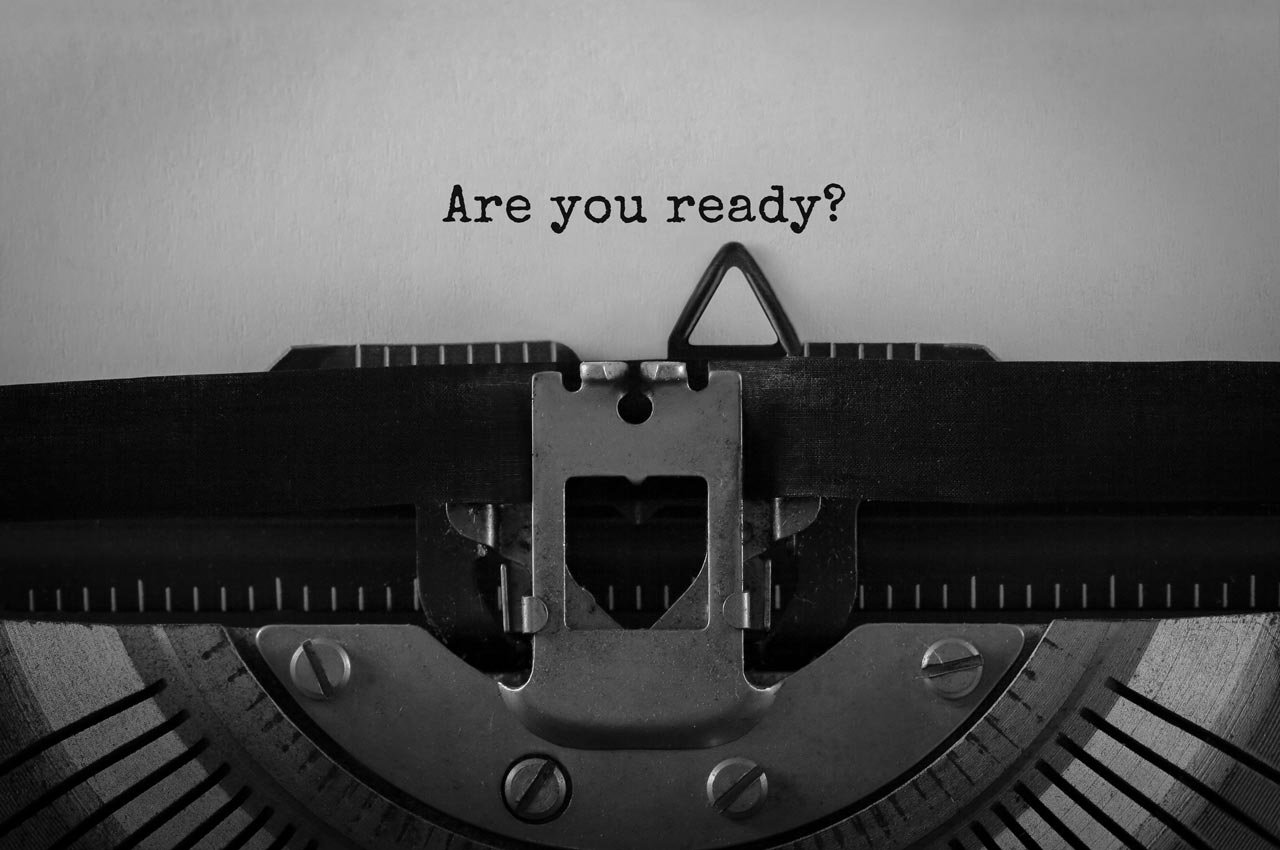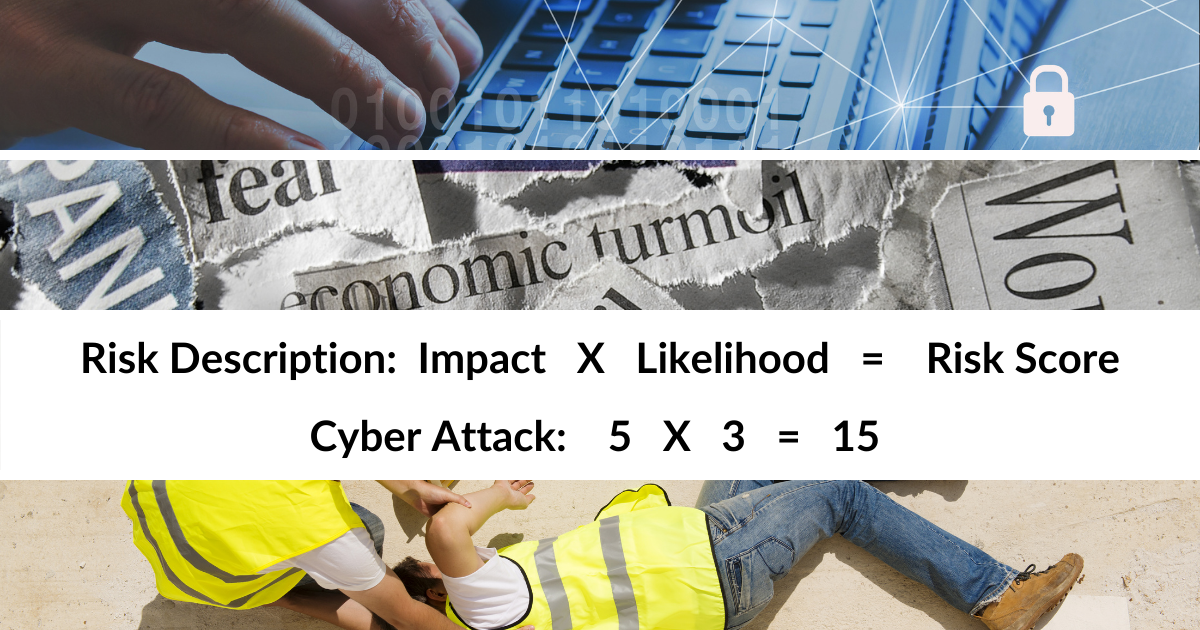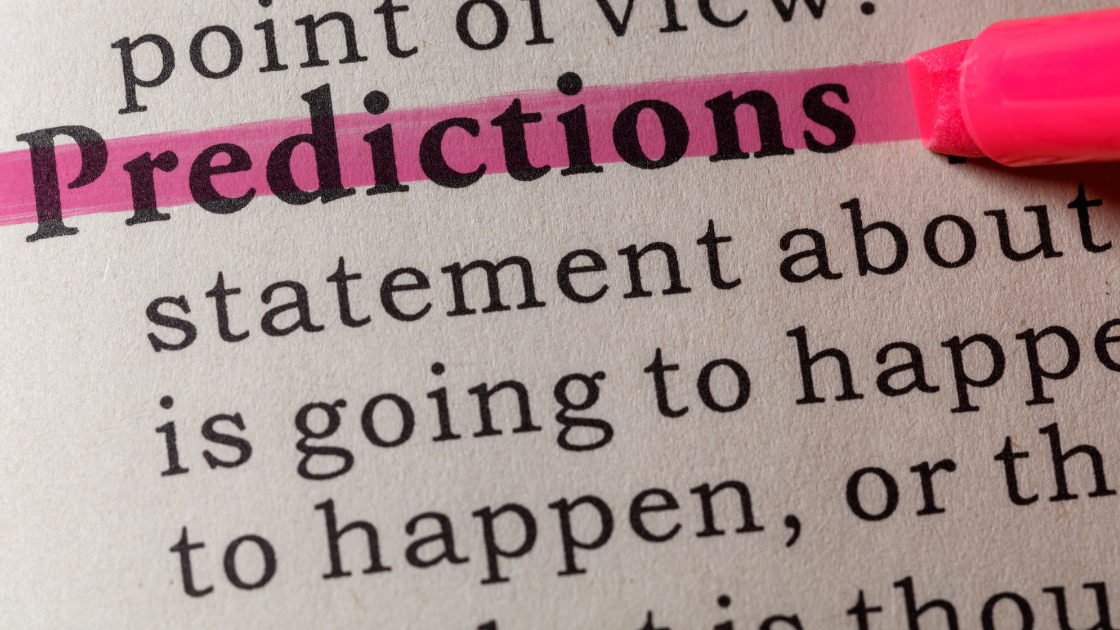Charges of Sexual Misconduct: Is Your Crisis Plan Ready For It?

It was as recently as October 2017 that the first accusations of sexual misconduct surfaced in the mainstream media pointed at the famed and Oscar winning movie producer Harvey Weinstein.
Since then the list of famous men of (previous) good repute accused of sexual harassment and worse has been shocking, head-spinning and stoked a real anger about what had obviously been taking place unreported forever without any apparent restraints.
If you are interested, the NBC News website published a list in mid-January 2018 (it includes the host of the network’s own Today show, Matt Lauer):
At this point, it would be hard to believe that any organization in entertainment, sports, business or not-for-profit has not refreshed in the past weeks its crisis communications plan to ensure it covers a scenario in which a senior leader becomes a new addition to that list of infamy.
There’s not a crisis counselor in the US who has not worked on at least one such issue in recent weeks. I know that I have had calls from worried organizations.
However, I wonder how many of those updated crisis plans post-Harvey Weinstein also include a scenario in which a well-known man employed for or by the organization is accused of sexual misconduct – but there is real doubt about whether the accusation is credible or not.
Human nature being what it is, as sure as the sun rises in the east and sets in the west, in this highly charged atmosphere, there are going to be men who are accused of sexual misconduct who, for one reason or another, don’t deserve it.
And that is a crisis situation – a very real one, for the man concerned and the organization they represent.
For lots of valid reasons, the weight of veracity lies with the women victims.
There are so many of them, who suffered for so long with no real belief they would be taken seriously had they tried to make public what happened with these well-known men.
However, memories, value judgments and motivations are not perfect.
There will always be those who believe something happened which may not have done so. Or, at worst, it was a judgment call about whether a line was crossed. Or the accusation is just an attempt at revenge or to bring down an enemy.
At the time of writing, Aziz Ansari is embroiled in a controversy after sexual assault allegations against the comedian were contained in an anonymously authored article on Babe.net.
A CNN.com story on January 16th was titled “Everyone is picking sides on the Aziz Ansari story”.
One of the most spirited defenses of Ansari was by New York Times staff writer and ‘proud feminist’, Bari Weiss.
www.nytimes.com/2018/01/15/opinion/aziz-ansari-babe-sexual-harassment.html
I use the example of Ansari not to make judgment of that incident (more information or the weight of public opinion will make that call), but to call attention to crisis planners of the importance of planning for every facet of the ways that a threat or crisis scenario can develop.
These are extraordinary times, with cultural, social and political issues in the spotlight and the behavior of organizations and leaders under the microscope and with thousands of commentators and opinion makers.
It’s never been important for your organization to have a sophisticated crisis communications plan that anticipates and prepares for issues driven and amplified in a digital world, issues that may not always be as clear cut as would first appear.











